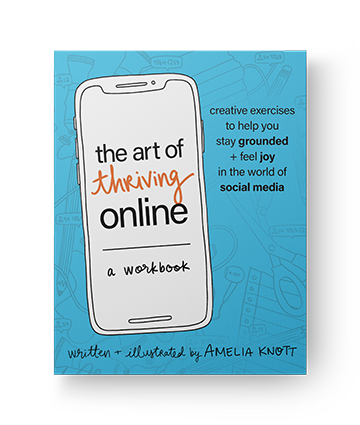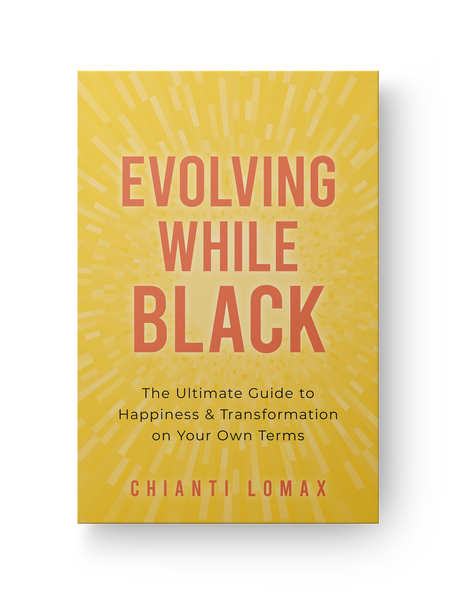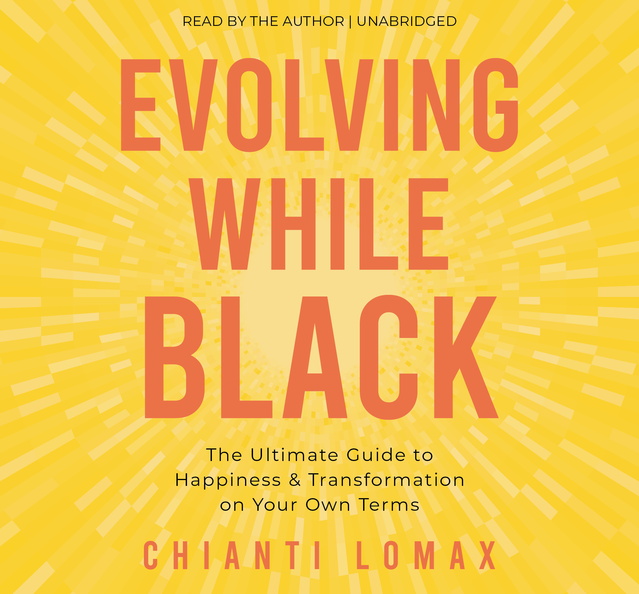How to Cope with Shame, the Master Emotion
Shame has been called the master emotion because it takes over our bodies and our minds. It can freeze our nervous system. It can place us in a fog, unable to seek help, reassess a situation or reassess what is really going on. Shame defeats our ability to reflect on ourselves, get some support, and move on. Shame can be overwhelming, but if we can look at it clearly and catch it before it takes over, we can cope with it and create conditions that can transform it from an enemy into a friend.
This is not academic to us. We are both well-acquainted with the experience of shame. Co-author of Embracing Shame, Sheila Rubin has been researching shame since she was a shy five-year-old. “In my twenties, I remember having a new job and being so worried about being late for a first meeting that I showed up early and accidentally interrupted a lunch that was happening in the room,” notes Sheila. “I froze in embarrassment. I remember the shame voice saying to me: ‘What’s wrong with me? Maybe they shouldn’t hire me because something is wrong with me.’ Fortunately, while I was holding the door knob, frozen in shame, someone opened the door and invited me in with kindness.”
Embracing Shame co-author, Bret Lyon, remembers that, as a kid, when the gym teacher blew the whistle and said to pick teams. Everyone else was picked first. He still remembers trying to pretend it didn’t matter while he felt like dying inside.
One client accepted extra work even though he does not want to work weekends because he wants to be liked and couldn’t say “no” because it would be embarrassing.
Another client spoke of shame seeping into her mind about the changes in her body since giving birth. She is happy to be a mother, but the changes in her body and the inner dialogue in her mind keep her in shame circles. The differences between how she experienced her body and how she feels now is shame.
Our inner conversations may say a variety of unhelpful things. For many of us, it is the voice of not being good enough. Or we might feel like an imposter. If our partner or boss says that we made a mistake, that may be a trigger for a shame attack.
Here are some clues to know when shame may be operating in your mind and body:
Thoughts: There’s something wrong with me and I don’t want anyone to know. Maybe I am an imposter and I need to hide.
Sensations: Feeling shy, face flushed, brain can freeze, difficulty having a conversation.
Reactions: Embarrassed, going blank, blaming others, using activity to numb, withdrawing. Not able to write or think clearly and not know why.
Coping with shame
If, instead of letting shame take over, we can be with and observe our shame, we can actually begin to learn something from it. We can begin to transform shame from a toxic disruptor to a useful informant, from a devastating foe to a useful ally.
Here are a few experiments to try when you notice shame coming up. Instead of putting yourself down, try one, then reflect on the results and write them down in a journal or in your notes app:
Be kind to yourself. Say something kind to yourself to ease the shame.
Pause and take a breath. Pausing for even a few seconds or one minute can offer a new perspective. How might this allow you to set a new boundary or reframe your story in a healthier way?
Set boundaries. Is there an extra shift you cannot take this week? Can you say stop or politely decline?
Name your feelings. Notice what didn’t feel good in your reaction. Can you talk about what you’re feeling in a different way?
Ground yourself. Tap your feet or feel the earth under your feet.
Get support. Talk to a friend who is kind and who can hear your feelings.
Spend time in nature. Take a few minutes to bathe in nature to refresh and replenish.
Understand that change happens slowly. Talk back to the shame inside yourself for a bit and find if the shame can be a little less toxic. Even a small shift or change can help you move forward rather than staying stuck.
Being friends with your shame can begin to change yourself and your life. When toxic shame lifts there can be access to creativity and new doors can open. The weight of heaviness can be put down and we can have new hope for the future. The reason we do this work is so others can find hope when there is shame and they can transform it and heal it.

Sheila Rubin, MA, LMFT, RDT/BCT, has been researching shame since she was five years old. Along with her husband and colleague, Bret Lyon, she is a founder and codirector of the Center for Healing Shame, and cocreator of the Healing Shame–Lyon/Rubin Method. Through their popular workshops, they have taught thousands of psychotherapists, coaches, and other helping professionals across the world to more effectively identify and work with shame. Sheila is a Licensed Marriage and Family Therapist, a Registered Drama Therapist, and has taught at JFK University and CIIS, as well as being the eating disorder specialist at a hospital and directing Embodied Life Stories performances. For more, visit healingshame.com.
Bret Lyon, PhD, SEP has devoted almost two decades of his life to healing shame. Along with his wife and colleague, Sheila Rubin, he is a founder and codirector of the Center for Healing Shame, and cocreator of the Healing Shame–Lyon/Rubin Method. Through their popular workshops, they have taught thousands of psychotherapists, coaches, and other helping professionals across the world how to more effectively identify and work with shame. Bret holds doctorates in both psychology and drama and has taught at Tufts University, Pomona College, and the American Academy of Dramatic Arts, as well as writing and directing plays in regional theater and off-off Broadway. For more, visit healingshame.com.












